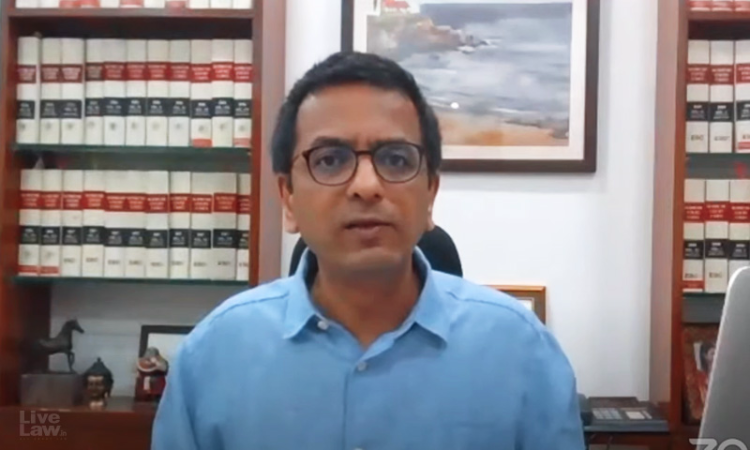Majoritarian Tendencies, Whenever and However They Arise, Must Be Tested Against Constitutional Promises : Justice Chandrachud
Shrutika Pandey
17 July 2021 9:22 PM IST

"The danger to your freedoms may originate from those who are tasked to govern, but they may also originate in the intolerance in the society as well. The Constitution provides you, both with a shield and a guard", Justice Chandrachud said.
Next Story


